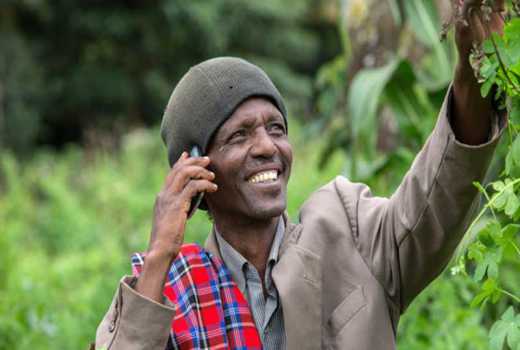×
The Standard e-Paper
Home To Bold Columnists

Safaricom has launched a Digifarm depot in Burnt Forest in Uasin Gishu County.
According to Safaricom Head of Rift Region Victor Ngumo, the depot is part of the company's efforts to provide access to high quality inputs and provide sustainable markets in a bid to encourage more smallholder farmers to transition into agribusiness.